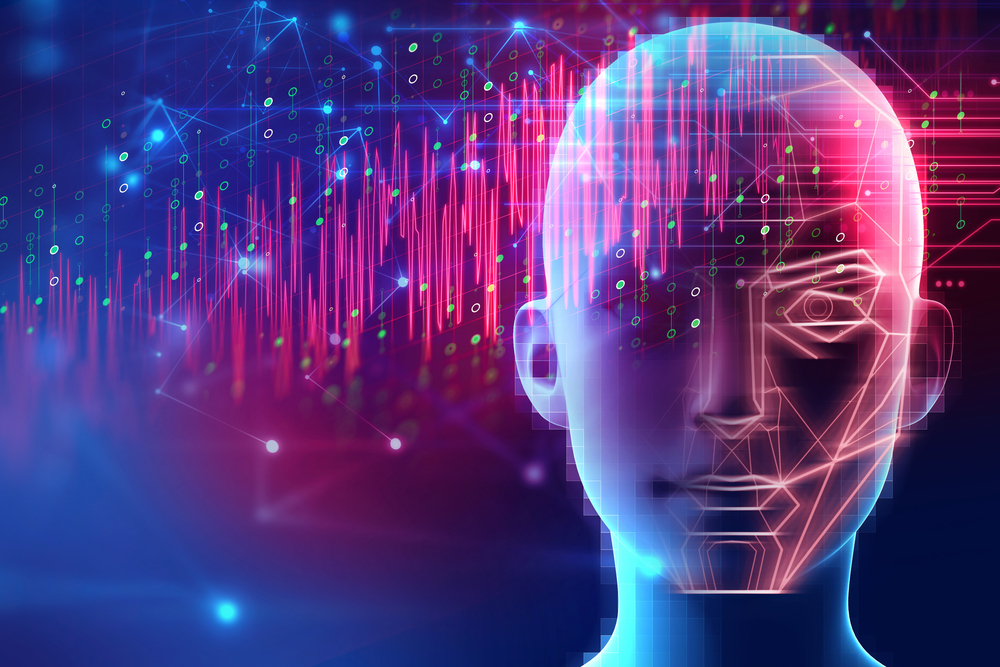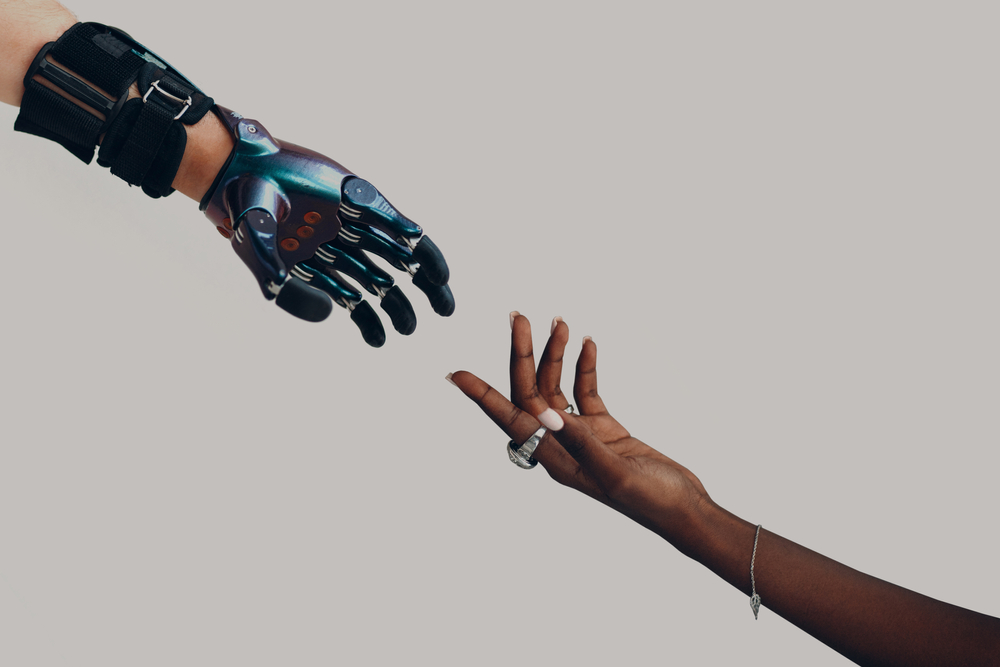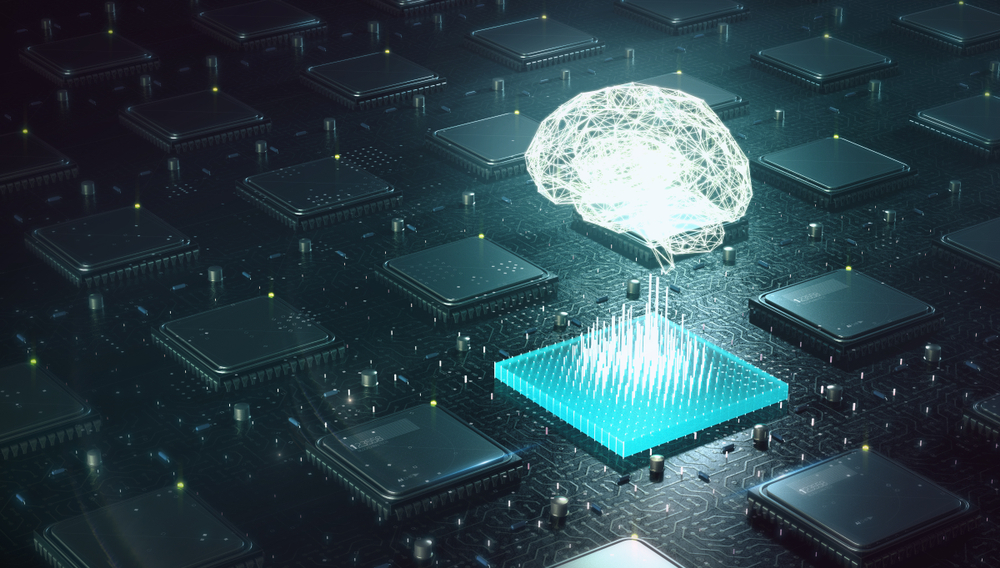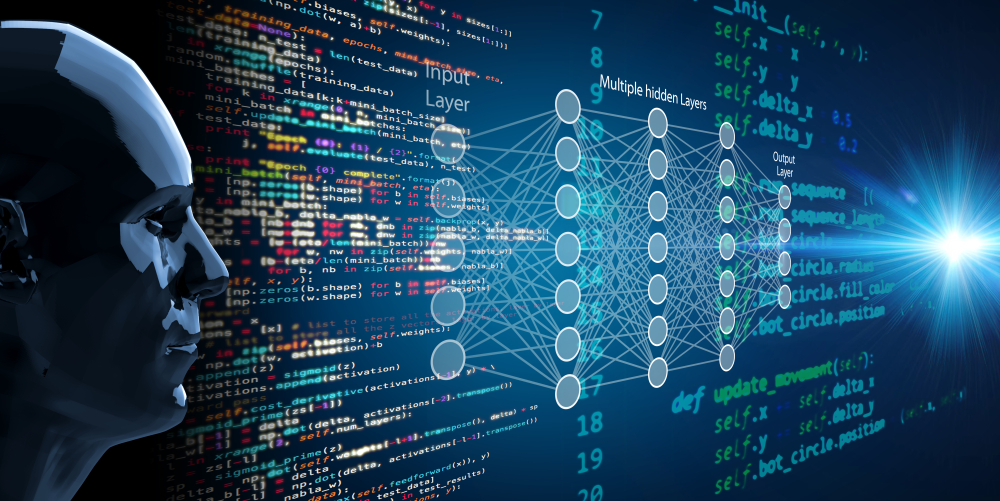Scientists created a mood ring for the internet using machine learning, and it revealed how depressed the world was during the outset of the epidemic.
Researchers use mood as a unique tool to assess the effect of natural and man-made catastrophes on humans. However, in the aftermath of a major incident, it’s just impracticable to ask every single individual on the planet how they’re feeling. Scientists from MIT, the Chinese Academy of Sciences, and the Max Planck Institute for Human Development devised a solution. They employed machine learning methods to monitor social media for mood changes after the initial wave of COVID-19 in 100 different nations, allowing them to gather real-time readings on how pleased or upset the pandemic’s occurrences made individuals all across the globe. Consider it as an AI-powered mood ring, but for millions of people. Their results were published in the journal Nature Human Behavior only last week.
Source: https://www.popsci.com/technology/machine-learning-measures-social-media-sentiment-mit/






